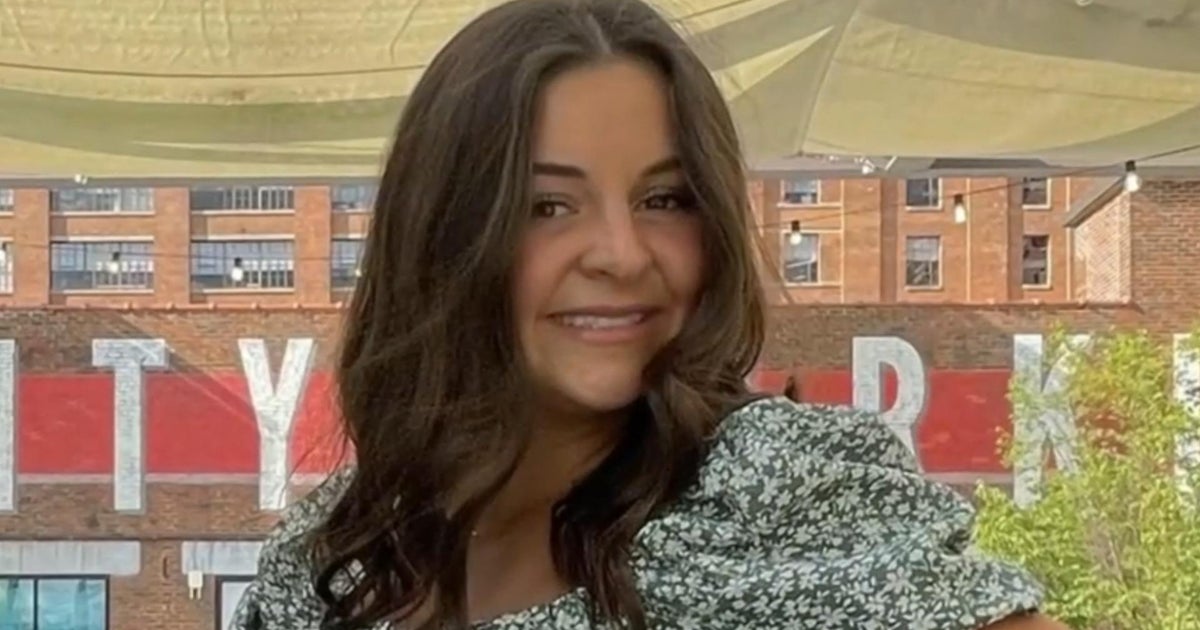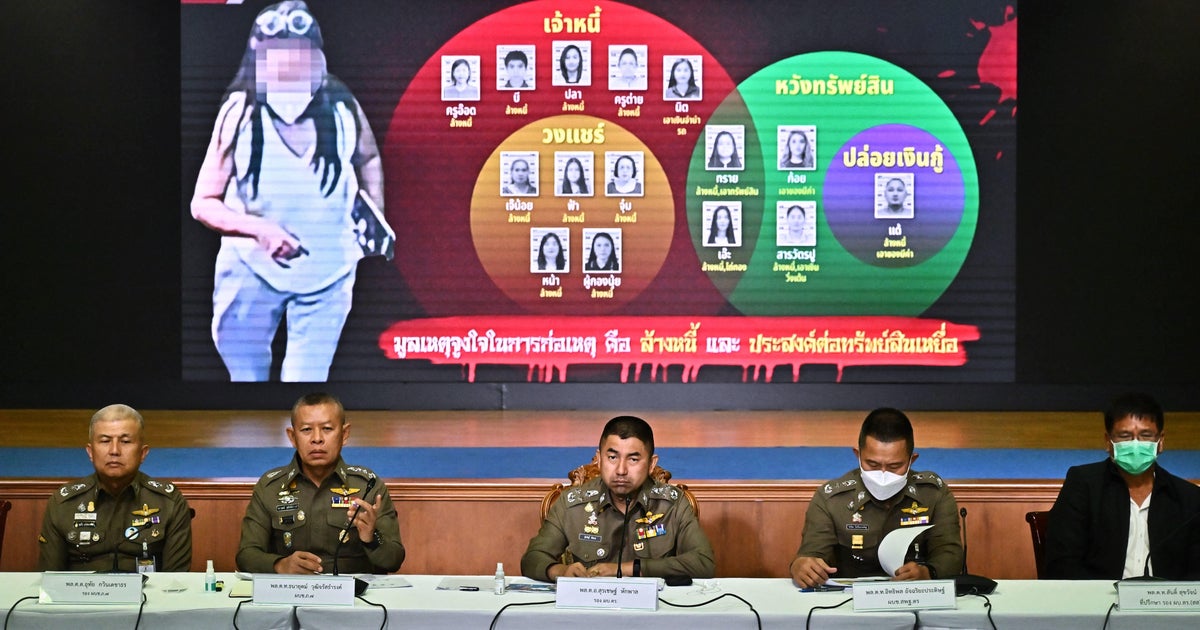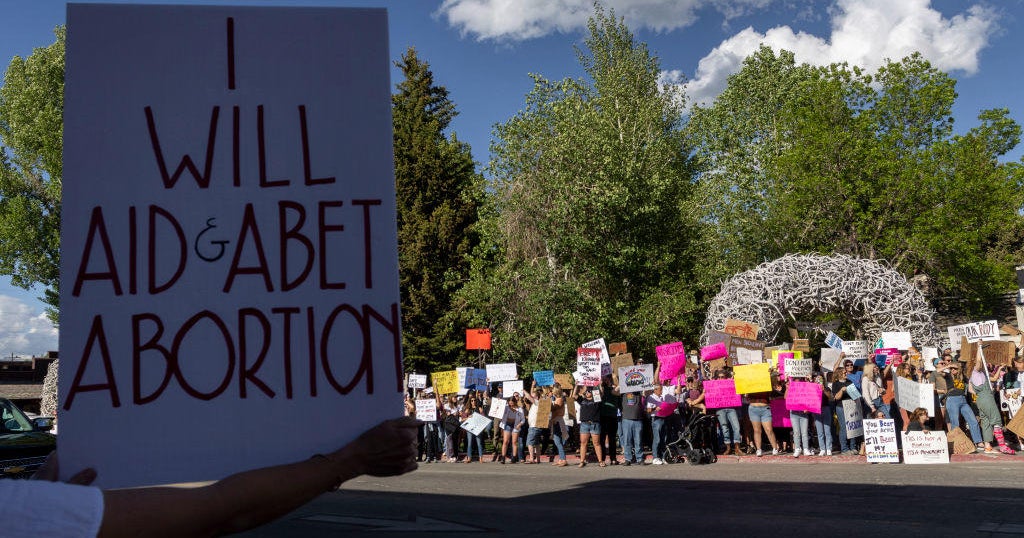Bryan Kohbherger can face death penalty if convicted in trial of slain Idaho college students, judge rules
Bryan Kohberger, the man accused of killing four University of Idaho students in 2022, can face the death penalty, a judge has ruled.
Kohberger's defense team had sought to remove the death penalty as a possible punishment should he be convicted, but Ada County Judge Steven Hippler denied their motions in his ruling dated Tuesday. The prosecution has said it intends to seek the death penalty if Kohberger is convicted.
Kohberger's attorneys' arguments included claims that forcing inmates to wait for years on death row and the methods available for prisoners to be executed in Idaho both constitute cruel and unusual punishment. They also argued Idaho's death penalty laws violate an international treaty banning the torture of prisoners.
Kohberger is accused of the Nov. 13, 2022, stabbing deaths of Ethan Chapin, Xana Kernodle, Madison Mogen and Kaylee Goncalves. All four were students at the University of Idaho and were killed in a home off campus. Kohberger was arrested on Dec. 30, 2022, in Pennsylvania and was extradited back to Idaho in January 2023. He is charged with four counts of first degree murder.
Kohberger did not respond when asked in court to enter a plea last year, so a not guilty plea was entered for him by the judge. Kohberger in September was booked into jail in Boise, where his trial was moved at the request of the defense.
His trial is scheduled to begin in August 2025.
Goncalves' family in a statement said they were "overjoyed" at the decision and criticized the judge who had been handling to case prior to the move to Boise for "failing to pronounce the victims' names correctly, laughing in the courtroom, or entertaining every absurd motion or argument the defense could muster."
"We finally have a judge who appears prepared, thoughtful, and well-versed in the legal process," they said. "There is a newfound level of seriousness that has been absent for far too long...Justice is moving forward, and we pray that one day, in the not-so-distant future, it will be served."




